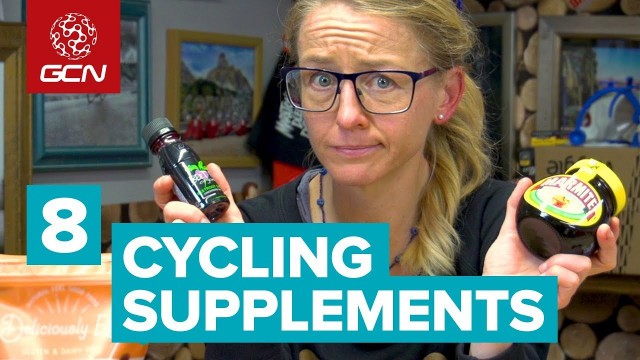

'It’s no secret that the food we eat has a huge effect on our health, wellbeing, and of course our ability to ride a bike. The harder you train and race, the more important this becomes. Emma runs you through what she believes to be the eight most important supplements, foods and nutrients for cyclists. Shop GCN Winter Kit: http://gcn.eu/Tc Pre-Order Your Casual Winter Jackets Now! http://gcn.eu/Td Subscribe to GCN: http://gcn.eu/SubscribeToGCN Register your interest in the GCN Club: http://gcn.eu/Tb Subscribe to GCN en Español: http://gcn.eu/gcn-en-espanol Submit your content with our new uploader: http://gcn.eu/upload Join our Facebook community: http://gcn.eu/FBCommunity Number one has to be iron. Iron is one of the most important micronutrients for endurance cyclists. It’s a crucial part of haemoglobin which transports oxygen around the body. Low iron levels are detrimental to performance. Iron comes in two forms - haem or non-haem. Haem iron comes from animal sources and non-haem from plants, which is less well absorbed. It’s important to be aware of foods that are high in iron and techniques to help increase absorption - because the iron story is not just about how much you consume, but also how well you absorb it. For example, vitamin C enhances absorption, whereas dietary fibre and the tannins in tea and coffee inhibit it. Moreover, because hepcidin (released by the liver to inhibit iron absorption) is elevated both after stress ie. exercise, iron will not be absorbed readily after training. B12 has many functions in the body, but is predominantly for the normal functioning of the brain and central nervous system and making red blood cells. Therefore, as with iron, it is a pretty essential part of a cyclist’s diet. A lack of B12 in the diet can also cause anaemia, but not the same as with iron. B12 deficiency anaemia causes the body to produce abnormally large red blood cells which lose their oxygen carrying capacity. Vitamin D, AKA the sunshine vitamin. Needed for the absorption of calcium and therefore needed to maintain bone mass; a deficiency has been associated with brittle bones, something lifelong cyclists might be susceptible to anyway. It has also been shown to play a vital role in the immune system, as well as improving muscular strength. Creatine is a chemical naturally found in the body, helping to release energy in anaerobic efforts. Because of that, it’s really popular among sprint based sports, but for certain endurance cyclists, it can also be beneficial. Road events can include repeated sprints of course, but the tradeoff is that it promotes storage of water and therefore you might put on a kilo or two of weight. If you enjoyed this video, make sure to give it a thumbs up and share it with your friends.
Tags: Food , SPORTS , iron , Vitamin D , cycling , bikes , supplements , antioxidants , c3 , global cycling network , Velo , gcn , FOODS , vitamins , coffee , oxygen , bike , cycling workout , Bicycle (Product Category) , Road Bike , Cyclist , GCN Cycling , sca15 , p1 , cycling training , cycling tips , gc11sas , Ա , Ձ , Nutrients , caffeine , b1 , gc04s1 , ཋ , Ե , vitamin , sec-top-10 , creatine , beetroot , zinc , beetroot juice , nitrates , vitamin b12 , doping , Haemoglobin , emma pooley , B2 , performance enhancing , legal doping , cycling supplements , 3384
See also:






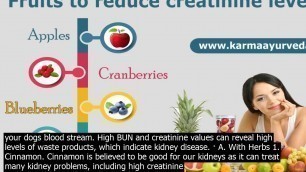



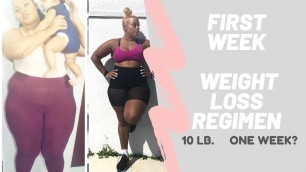
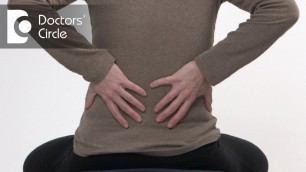

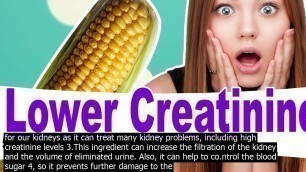



comments